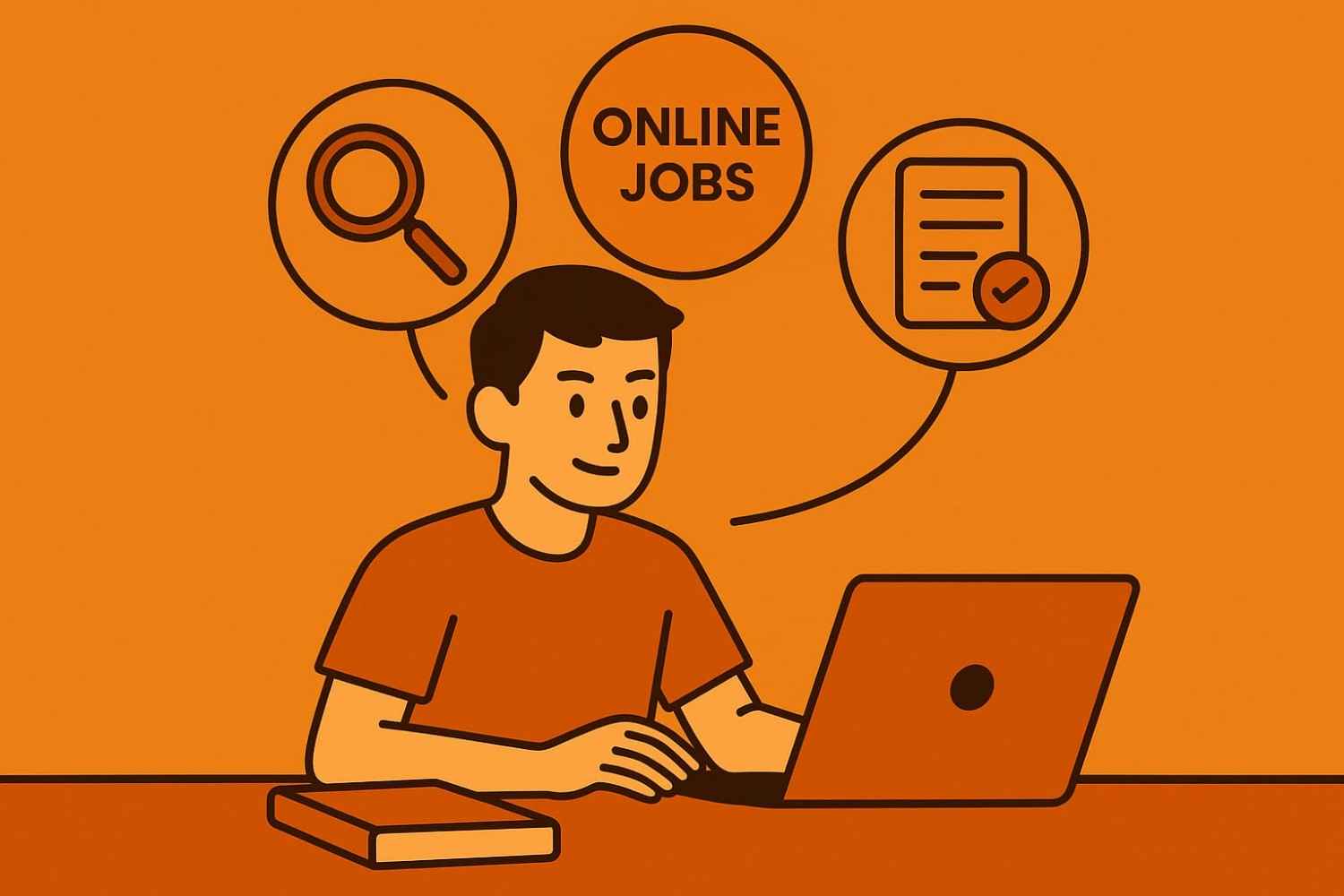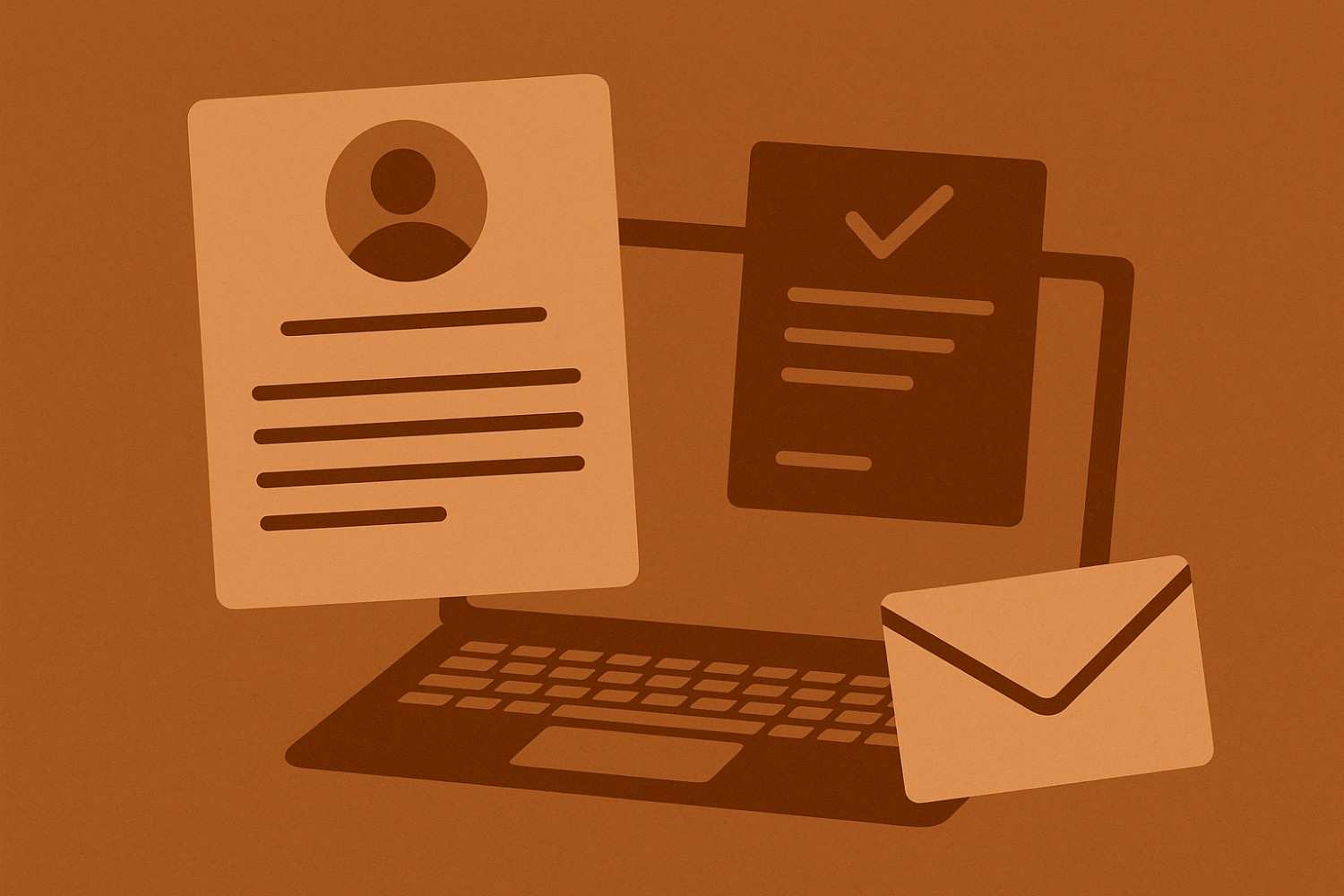
Remote work has become mainstream, offering flexible opportunities to people across skill levels and industries. But what if you’ve never worked before? How do you convince someone to hire you for a remote job with no experience?
It’s not only possible, it’s happening every day.
Companies hiring remotely care more about communication, initiative, and results than job titles. If you can show what you’re capable of, even through personal or side projects, you're already ahead.
Why Remote Jobs Are Friendly to Beginners?
Unlike traditional roles that rely on degrees or location, remote positions reward actual skill and self-direction.
Here’s why remote work suits freshers:
- No relocation required, talent is what matters.
- Employers often value effort and potential more than past roles.
- You can start small, internships, freelance gigs, or part-time tasks are easy ways to build momentum.
In fact, recent data from JobPe shows that a large portion of remote entry-level hires had no previous full-time job.
Which Remote Roles Make Sense for Freshers?
You don’t need to be a developer or tech wizard. Many roles depend on basic communication, organization, or tool use.
Examples of entry-level remote jobs:
- Virtual Assistant
- Content Writer
- Customer Support Rep
- Social Media Assistant
- QA Tester (manual, non-code)
- Junior Web Developer (HTML/CSS)
- Data Entry Operator
- Online Tutor
- Research Intern
- Canva or Figma Design Intern
Each of these roles is accessible if you’re willing to learn. You can find current openings for them on platforms like JobPe, which let you filter by job type, experience level, and work setting.
You Don’t Need a Job to Build Proof
Experience isn’t always about paychecks. It’s about showing what you can do.
You can demonstrate ability with:
- A blog post or video where you explain a topic you care about
- A Notion page showcasing simple projects
- Free online certifications from places like HubSpot Academy, Coursera, or Google Digital Garage
- A few design samples made in Canva
- A demo project using Google Sheets or basic code
Proof is better than promises. Show something small but complete.
For those interested in tech roles, the JobPe Coding Practice tool is a great place to build confidence and public code samples.
Create a Resume That Highlights What You Bring
Your resume should be honest, focused, and built around skills. It doesn’t matter if you haven’t worked before — what matters is how clearly you present what you can do.
Use this format:
- Add “Open to Remote Roles” in your title or location
- In your summary, talk about your strengths: curiosity, work ethic, clarity in writing or speaking
- Include tools like Slack, Zoom, Trello, Canva, Notion
- Add a “Projects” section with links
- List certifications that are relevant to your role
Use JobPe's Resume Builder to create a clean, recruiter-friendly document in minutes.
For LinkedIn:
- Make your headline clear: “Entry-Level Writer | Canva + Notion | Open to Remote”
- Use your About section to tell your story and learning journey
- Pin your top work or certificates under “Featured”
Target Your Job Search Instead of Applying Everywhere
Many beginners believe that volume is the answer. But spamming applications rarely works. Employers can tell when something is copied and pasted.
Here’s what helps:
- Apply to 10–15 relevant remote jobs per week
- Use filters like “entry level” or “no experience required”
- Keep track of where and when you applied
- Customize your resume slightly for each role
Want to save time? JobPe’s Auto-Apply Tool helps you submit tailored applications quickly and consistently.
Also check out sites like:
Prepare for Interviews That Focus on Soft Skills
Remote interviews aren’t always about hard skills. Instead, they test your communication, clarity, and reliability.
Here’s what interviewers look for:
- Can you speak clearly and stay on point?
- How do you stay organized?
- What do you do when you’re stuck?
Practice by answering questions like:
- How do you plan your day when working from home?
- Tell me about something you’ve taught yourself recently.
- What’s a project you’re proud of and why?
Use JobPe Mock Interviews to record your answers and improve based on feedback.
Show That You’re Present and Consistent Online
Even if you're new, your online presence tells a story. Employers might search your name — give them something to find.
What helps:
- Keep your LinkedIn updated
- Write a short post about what you’re learning
- Use a Notion or Google Docs portfolio with links
- Share relevant blog posts, designs, or projects
- Avoid inactivity across your channels if possible
This isn’t about perfection. Just show that you’re active, thoughtful, and willing to learn.
Use Communities and Networking to Multiply Your Chances
Remote roles are often shared in forums, niche communities, and group chats. You don’t need to network in the traditional sense — just be curious and helpful.
Where to look:
- Slack or Discord groups for remote workers
- Reddit: r/remotejobs, r/WorkOnline, r/freelance
- Twitter: follow job boards and founders posting openings
- LinkedIn groups focused on remote hiring
Ask questions. Answer others. Let people know what you’re learning or looking for.
Over time, you’ll build real relationships and job leads.
How One Fresher Got Their First Remote Offer
Meet Raj. He had a degree in English, no job experience, and no tech background. But he:
- Wrote 3 blog posts on Medium
- Completed a content marketing certificate
- Used JobPe’s resume builder to format his resume
- Practiced with mock interviews
- Applied to 12 remote internships in 4 weeks
He got an offer for a part-time writing role at a software company. After 3 months, they offered him a full-time job with benefits.
This wasn’t luck — it was proof, focus, and consistency.
Start Building Your Remote Career from Scratch
You don’t need connections. You don’t need corporate internships. You just need a clear role to aim for, the willingness to show what you can do, and the discipline to keep applying.
Start by:
- Picking a remote-friendly role that fits your interests
- Creating a few small projects or posts that show effort
- Using the right tools to apply smart, not fast
- Staying visible in communities that share real opportunities





















